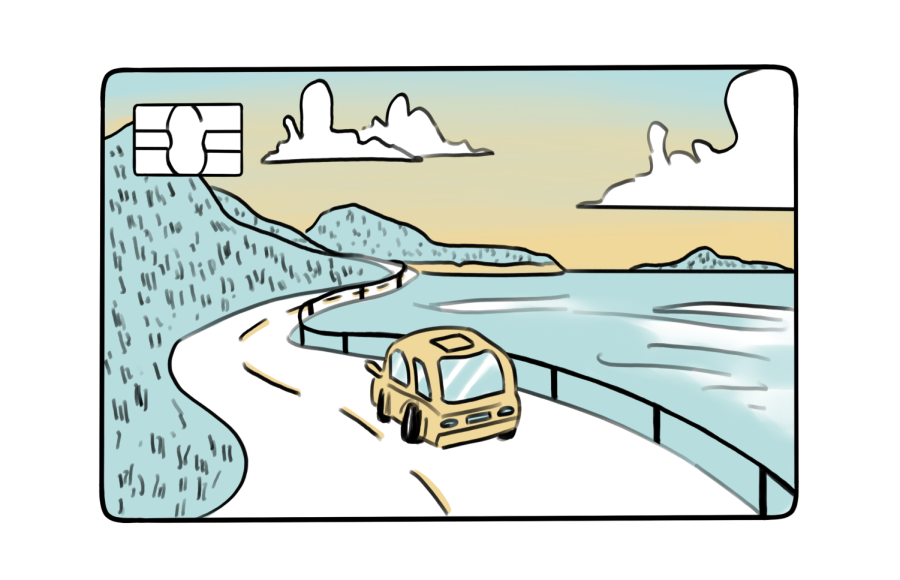How to adult with insurance
April 25, 2023
One of the most important parts of becoming an adult is acquiring insurance, and although it can be time consuming and tedious, there are some essential types of insurance that can be dangerous to go without.
Nothing is more important than your health — for instance, when you find yourself reaching the age when you can no longer be covered under your parent’s health plan, you will want to start looking for insurance options. And if you’ve never had health insurance, now’s a good time to start.
The best health insurance options are usually provided to you through your workplace. Depending on if you are part-time or full-time, you will either be fully covered or you are required to pay a portion of your monthly insurance plan.
You will typically enroll in an insurance plan after you’ve been at this job for a certain amount of time. After that, you must re-enroll every year. When the time comes, there is usually someone at your place of employment who is there to guide you through the process of choosing an insurance plan.
If you are not employed, your job doesn’t offer insurance or you choose to go another route, Oregon has some options. In this state, health and dental insurance are usually grouped together under the Oregon Health Plan.
According to their website, OHP offers Oregon Medicaid and the Children’s Health Insurance Program and provides free health coverage, with no fees or cost sharing to people who meet the income and other requirements.
The application for OHP can be accessed at the Oregon Health Authority website found at Oregon.gov.
If you are not eligible for OHP, you can go to OregonHealthcare.gov to learn about Oregon’s health insurance marketplace. This site teaches you about the marketplace, available plans and your eligibility through educational videos and tutorials.
When you feel like you understand what you’re looking for, you will be directed to apply and enroll through the federal marketplace website at HealthCare.gov.
Once you are covered for health and dental, if you drive, auto insurance is the next essential insurance coverage you’ll want to start looking into.
When going to college, many students with cars choose to stay under their families auto insurance plan, but if you’re not staying under a family plan or it’s no longer an option, insurance shopping can be stressful.
To make the process a little easier, instead of having to call every auto insurance company you can think of to get a quote, your local credit union will do it for you. Just going in and asking a representative to run a quote for you can give you some options to start with.
Once you find a couple of companies that you’re thinking of going with, you will want to compare their coverages. You will need to decide whether you want full coverage or liability coverage. Keep in mind that if you have a loan on your vehicle, you’re required to have full coverage.
Be careful when choosing. Liability coverage may seem like the more attractive option because it is cheaper, but it only covers damages caused to another vehicle.
Having full coverage does the same while also covering you in less common situations. For example, if you hit a deer, a tree falls on your car, or your vehicle is struck by a hit-and-run driver or a driver without insurance, you’re covered.
After you decide the type of coverage you want, consider the other types of insurance that the company offers, such as rental insurance. Many auto insurance companies also offer renter’s insurance and even give you a discount for bundling.
It may seem like renter’s insurance is a luxury, but in fact, it is usually less than $30 per month and can cover a lot in damages.
According to Oregon.gov, if you rent an apartment or home, renter’s insurance covers your personal belongings and provides liability coverage similar to homeowner’s insurance.
Having renter’s insurance means that if your iPad or laptop comes up missing one day, you could be covered. Or if you must be temporarily relocated due to a disaster, your hotel and meals could be covered. In case of a fire, depending on the coverage you opted for, you could be covered for losing any belongings.
To learn more about renters’ insurance in Oregon, you can visit: https://dfr.oregon.gov/insure/home/Pages/renter-insurance.aspx.






